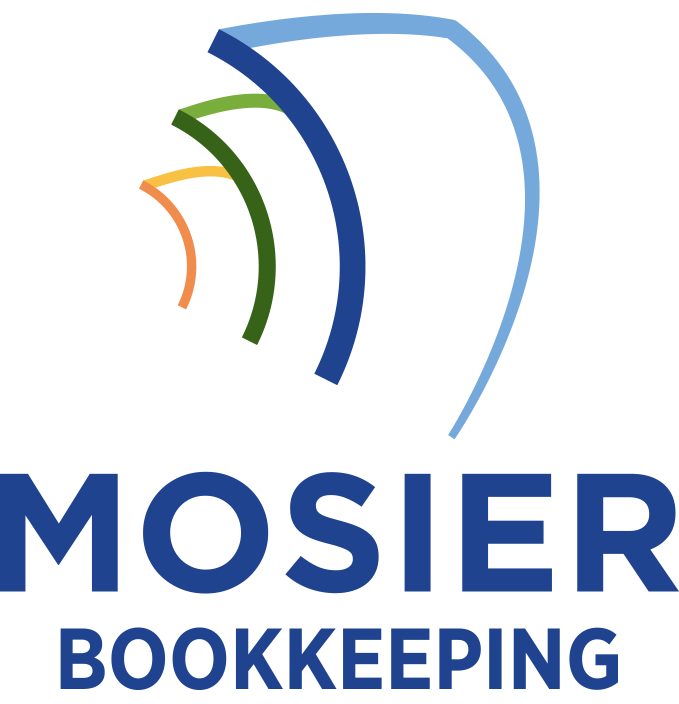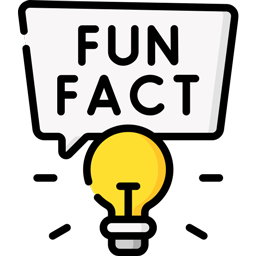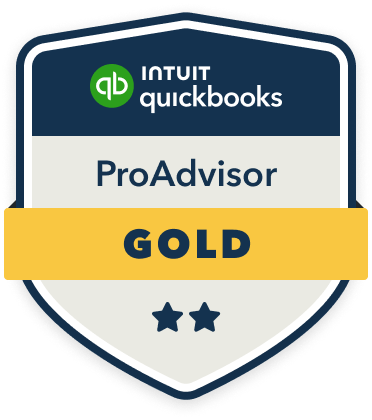The primary difference between cash and accrual accounting lies in transaction timing for tax purposes. With cash accounting, I’ll report income when I receive payment and deduct expenses when I pay them, giving me more control over tax timing. Under accrual accounting, I’ll record income when earned and expenses when incurred, regardless of payment dates. Your business size, revenue, and growth plans will influence which method best serves your tax strategy and financial goals.
Basic Principles of Cash vs. Accrual Methods

The two primary accounting methods for tax purposes – cash and accrual – differ fundamentally in how they recognize income and expenses. In cash accounting, I record transactions only when money physically changes hands. When I receive payment, it’s income; when I pay a bill, it’s an expense.
With accrual accounting, I record transactions when they’re earned or incurred, regardless of payment timing. I’ll recognize revenue when I send an invoice and expenses when I receive a bill, even if no money moves. This timing difference impacts my taxable income reporting and can considerably affect my tax strategy.
Tax Reporting Requirements and Deadlines
Understanding your chosen accounting method sets the foundation for meeting IRS reporting requirements and deadlines. I’ll help you navigate both cash and accrual methods’ key filing requirements.
| Requirement | Deadline |
|---|---|
| Form Selection | Before first tax year |
| Method Change | File Form 3115 |
| Quarterly Estimates | Apr 15, Jun 15, Sep 15, Jan 15 |
| Annual Returns | Mar 15 (S-Corps), Apr 15 (Individuals) |
You’ll need to maintain consistent reporting throughout the tax year, regardless of your chosen method. I recommend implementing robust tracking systems and setting calendar reminders to guarantee compliance with these critical deadlines.
Impact on Business Income Recognition

Both cash and accrual accounting methods substantially influence when your business must recognize income for tax purposes. Under cash basis, I’ll show you how income is reported only when you physically receive payment, giving you control over timing your tax obligations. With accrual, you’ll recognize income when you earn it, regardless of payment receipt.
I want you to understand that your choice impacts your tax strategy. Cash method lets you delay income recognition by deferring customer billing, while accrual requires immediate recognition upon service completion. This distinction becomes pivotal when planning year-end transactions and managing your business’s tax position.
Expense Timing and Deduction Strategies
Just as income recognition varies between methods, expense deductions follow distinct timing rules that can markedly affect your tax planning. Under cash accounting, I’ll record your deductible expenses when you pay them, giving you control over timing through strategic payment scheduling. In contrast, with accrual accounting, I’ll deduct expenses when you incur the obligation, regardless of payment timing.
I recommend leveraging these differences by accelerating deductions in high-income years through cash-method prepayments, while accrual accounting lets you match expenses to related revenues for a clearer financial picture. Choose the method that maximizes your tax advantages.
Choosing the Right Method for Your Business

Selecting an accounting method requires careful evaluation of your business characteristics and financial objectives. I recommend evaluating your annual revenue, industry type, and inventory management needs to make this critical decision.
If you’re generating less than $25 million in annual revenue, you have flexibility to choose either method. I advise cash accounting for service-based businesses seeking simplicity in tax reporting. However, if you maintain inventory or need detailed financial insights, I suggest accrual accounting despite its complexity.
Consider your growth trajectory – switching methods later requires IRS approval. Your choice will impact financial statements, tax liability, and strategic planning capabilities.
